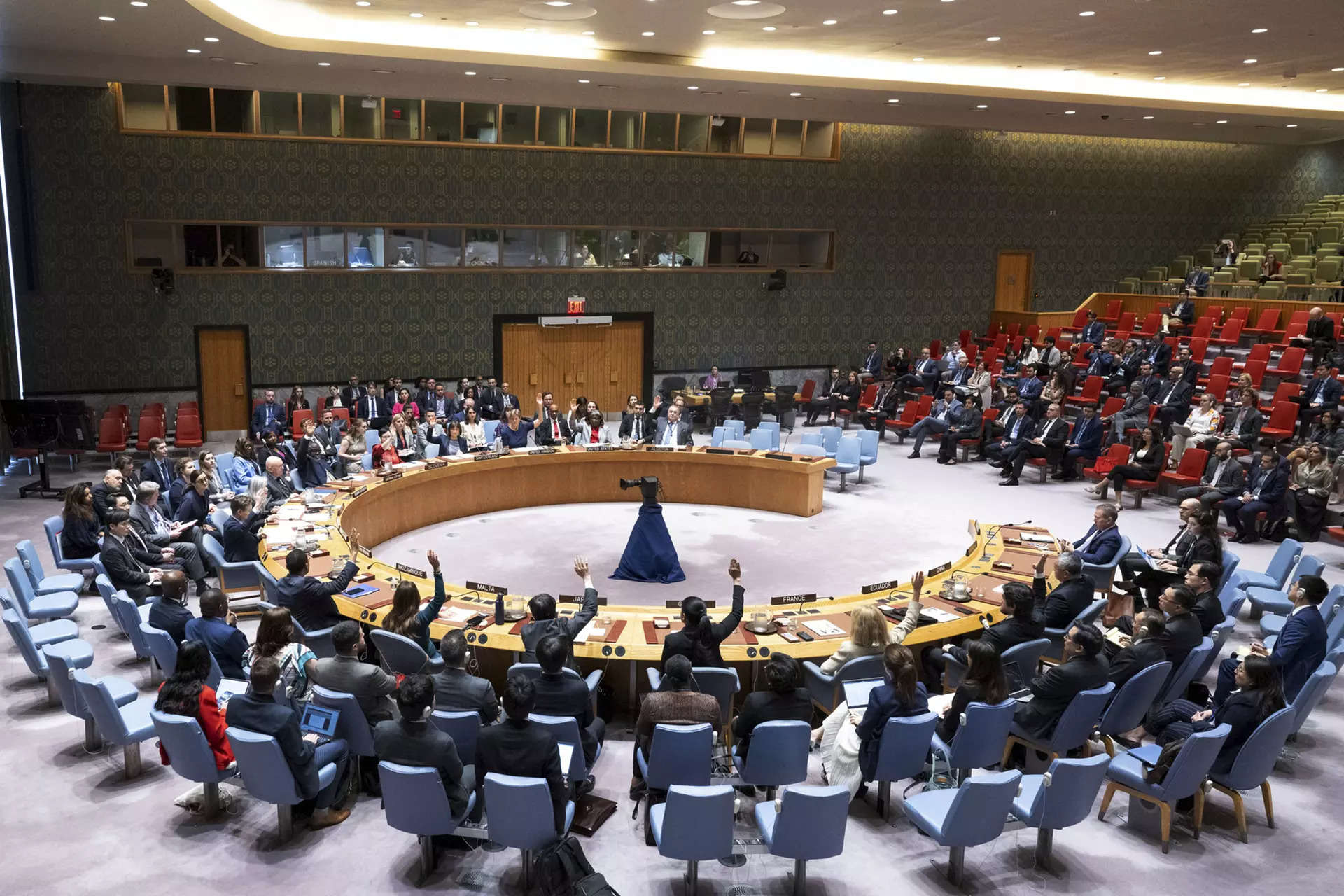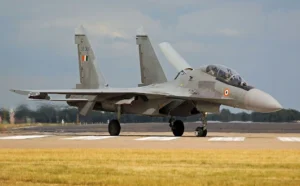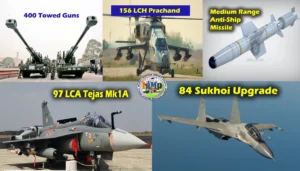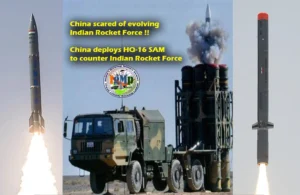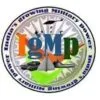The resolution – which was approved with 14 of the 15 Security Council members voting in favor and Russia abstaining – calls on Israel and Hamas “to fully implement its terms without delay and without condition.”
Whether Israel and Hamas agree to go forward with the plan remains in question, but the resolution’s strong support in the U.N.’s most powerful body puts added pressure on both parties to approve the proposal.
U.S. Secretary of State Antony Blinken was in Israel on Monday, where he urged Prime Minister Benjamin Netanyahu to accept the plan for postwar Gaza as he pushed for more international pressure on Hamas to agree to the cease-fire proposal. Netanyahu has been skeptical of the deal, saying that Israel is still committed to destroying Hamas.
Hamas said it welcomed the adoption of the resolution and was ready to work with mediators in indirect negotiations with Israel to implement it. The statement was among the strongest from Hamas to date, but it stressed the group would continue its struggle against Israeli occupation and work on setting up a “fully sovereign” Palestinian state. A senior Israeli diplomat did not directly mention the resolution, telling the council Israel’s position is unwavering: “We will continue until all of the hostages are returned and until Hamas’ military and governing capabilities are dismantled.” “This also means that Israel will not engage in meaningless and endless negotiations, which can be exploited by Hamas as a means to stall for time,” Minister Counsellor Reut Shapir Ben Naftaly said.
U.S. Ambassador Linda Thomas-Greenfield reiterated, however, that Israel has accepted the cease-fire deal, which is supported by countries around the world.
The resolution’s adoption, she said, “sent a clear message to Hamas to accept the cease-fire deal on the table.”
“The fighting could stop today, if Hamas would do the same,” Thomas-Greenfield told the council. “I repeat, this fighting could stop today.”
U.S. deputy ambassador Robert Wood told reporters earlier on Monday that the United States sees the deal as “the best, most realistic opportunity to bring at least a temporary halt to this war.”
Earlier Monday, Hamas and Palestinian Islamic Jihad leaders met in Qatar to discuss the proposed cease-fire deal and said later that any deal must lead to a permanent cease-fire, a full Israeli withdrawal from Gaza, reconstruction and “a serious exchange deal” between hostages in Gaza and Palestinians held in Israeli jails.
Russia’s U.N. Ambassador Vassily Nebenzia said Moscow abstained because details of the three-phase plan haven’t been disclosed and “we have a whole host of questions.”
“Hamas is called upon to accept this so-called deal, but still there is no clear clarity regarding official agreement from Israel,” Nebenzia said. “Given the many statements from Israel on the extension of the war until Hamas is completely defeated … what specifically has Israel agreed to?”
Algeria’s U.N. Ambassador Amar Bendjama, the Arab representative on the council, said that while the text isn’t perfect, “it offers a glimmer of hope to the Palestinians, as the alternative is (the) continuing killing and suffering of the Palestinian people.”
“We voted for this text to give diplomacy a chance to reach an agreement that will end the aggression against the Palestinian people that has lasted far too long,” Bendjama said.
The war was sparked by Hamas’ surprise Oct. 7 attack in southern Israel in which militants killed about 1,200 people, mainly Israeli civilians, and took about 250 others hostage. About 120 hostages remain, with 43 pronounced dead.
Israel’s military offensive has killed more than 36,700 Palestinians and wounded more than 83,000 others, according to the Gaza Health Ministry. It has also destroyed about 80% of Gaza’s buildings, according to the U.N.
The Security Council adopted a resolution on March 25 demanding a humanitarian cease-fire in Gaza during the Muslim holy month of Ramadan, with the U.S. abstaining, but there was no halt to the war.
Monday’s resolution underscores “the importance of the ongoing diplomatic efforts by Egypt, Qatar and the United States aimed at reaching a comprehensive cease-fire deal, consisting of three phases” and says the three countries are ready “to work to ensure negotiations keep going until all the agreements are reached.”
Biden’s May 31 announcement of the new proposal said it would begin with an initial six-month cease-fire and the release of hostages in exchange for Palestinian prisoners, the withdrawal of Israeli forces from populated areas in Gaza and the return of Palestinian civilians to all areas in the territory.
Phase one also requires the safe distribution of humanitarian assistance “at scale throughout the Gaza Strip,” which Biden said would lead to 600 trucks with aid entering Gaza every day.
In phase two, the resolution says that with the agreement of Israel and Hamas, “a permanent end to hostilities, in exchange for the release of all other hostages still in Gaza, and a full withdrawal of Israeli forces from Gaza” will take place.
Phase three would launch “a major multi-year reconstruction plan for Gaza and the return of the remains of any deceased hostages still in Gaza to their families.”
The resolution reiterates the Security Council’s “unwavering commitment to achieving the vision of a negotiated two-state solution where two democratic states, Israel and Palestine, live side by side in peace within secure and recognized borders.”
It also stresses “the importance of unifying the Gaza Strip with the West Bank under the Palestinian Authority,” something Netanyahu’s right-wing government has not agreed to.


